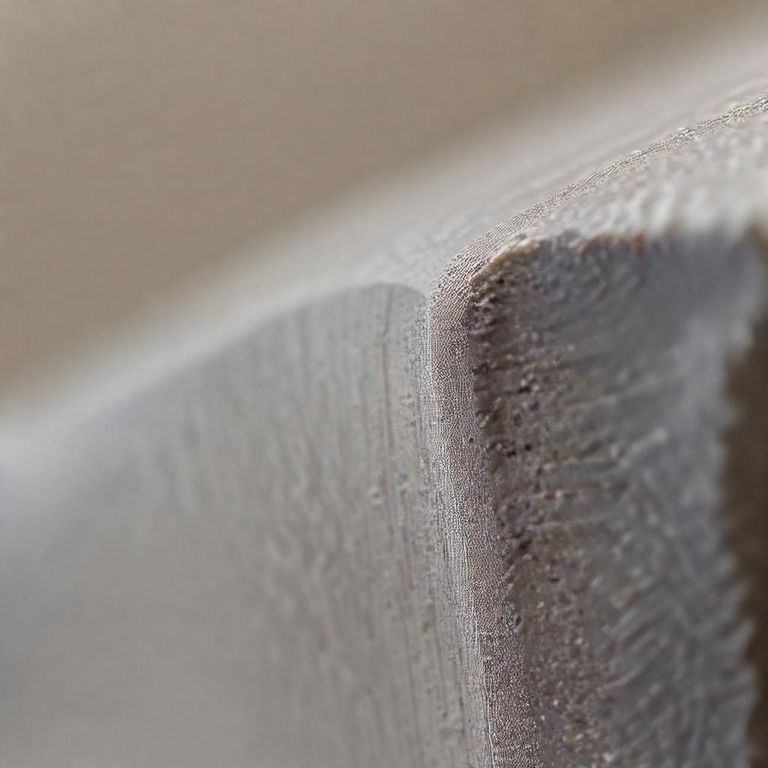Thickness Converter
Understanding 1mm Thick
The term “1mm thick” refers to a measurement that is a millimeter in depth, which is often encountered in various fields such as construction, manufacturing, or crafting. It signifies the thickness of materials, ranging from plastics and metals to papers and fabrics. Understanding this measurement can help achieve precision in both professional and personal projects.
How to Calculate 1mm Thickness
If you need to convert or calculate dimensions, you can apply simple mathematical formulas. For instance, if you are working with larger measurements and need to consider 1mm thick layers, the formula would generally look like this:
Thickness = Total depth / Number of layersFor instance, if you have a total depth of 10mm and want to ascertain how many 1mm thick layers fit into it, divide 10 by 1, resulting in 10 layers.
Benefits of Using 1mm Thick Materials
- Strong structural integrity with lightweight properties, making it ideal for many applications.
- Cost-effective option for manufacturers since it minimizes material wastage.
- Easy to cut, shape, and manipulate for custom projects and repairs.
Common Mistakes When Working with 1mm Thickness
When handling 1mm thick materials, it’s crucial to avoid several common pitfalls:
- Forgetting to measure accurately: Always double-check dimensions to ensure precision.
- Overlapping layers: Ensure layers fit perfectly without excess overlap, as this can affect the outcome.
- Not considering material properties: Different materials behave uniquely under stress; be mindful of these variations.
10 Key Facts About 1mm Thick
- What does 1mm thick mean? It refers to a material that measures one millimeter in depth or thickness.
- How do you achieve a 1mm thick layer? You can create a 1mm thick layer by evenly distributing materials using precise cutting tools.
- Can you easily 1mm thick? Yes, especially if you use calipers or a ruler for accuracy.
- Is 1mm thick suitable for all applications? While versatile, not all applications will be appropriate for this thickness; consider factors like load-bearing and environmental conditions.
- What tools are best for cutting 1mm thick materials? Precision knives, laser cutters, or specialized saws are optimal for clean cuts.
- Can 1mm thick be used in crafts? Yes, many crafts utilize 1mm thick materials for structures, embellishments, and details.
- How does 1mm thick compare to other thickness measurements? It’s relatively thin and often used for light-duty applications.
- What is the conversion of 1mm to other measurements? 1mm equals 0.1cm or 0.03937 inches.
- Is 1mm thick waterproof? Depending on the material, some 1mm thick items may be waterproof, while others are not.
- Can 1mm thick materials be layered? Yes, layering 1mm thick materials can enhance structural integrity when done correctly.
1mm thick? That’s super interesting! I feel like thickness really makes a diff in so many things. Is this about materials or like… food? 😂 Do you have any recommendations for stuff that’s 1mm thick?
1mm, huh? That sounds kinda thin. I remember when I got a screen protector that was 0.5mm and it felt super flimsy. What’s your take? Can it hold up?